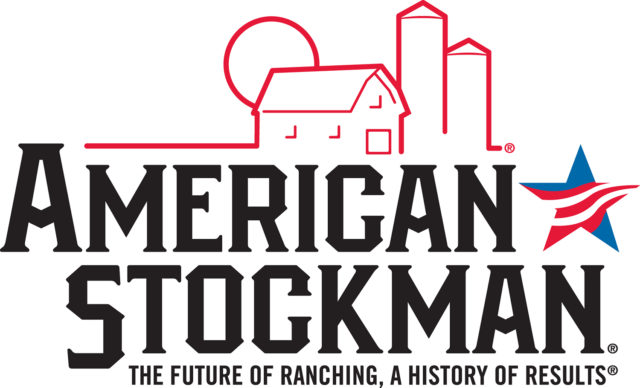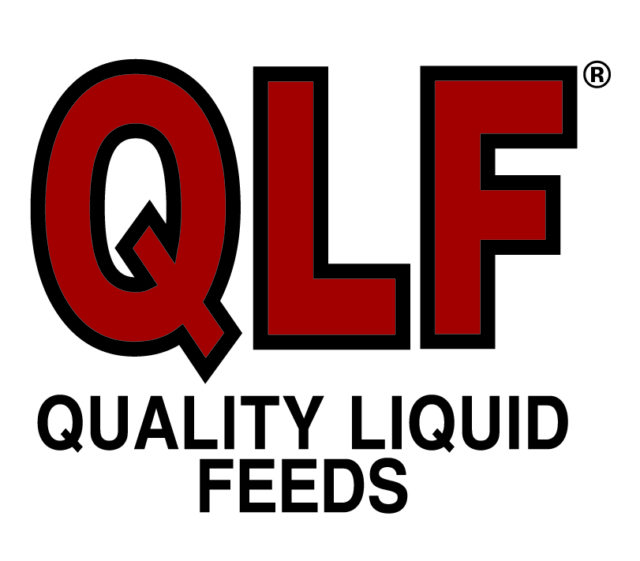The campaign is aimed at providing customers with sustainable food choices and transparency into production, according to Kathleen McLaughlin, president of the Walmart Foundation and senior vice president of sustainability.
Concerning the humane treatment of animals, the company says it “will not tolerate animal abuse” and supports the “five freedoms” of animal welfare. Their expectations are that suppliers will report and discipline cases of animal abuse, address problems in “animal housing systems, painful procedures and euthanasia of slaughter,” and promote transparency with progress reports to Walmart and “against their own corporate animal welfare” rules on an annual basis.
On the antibiotic uses, Walmart says it expects suppliers to adopt and implement the judicious use principles of antimicrobial use from the American Veterinary Medical Association, including record-keeping vet oversight and limiting antibiotic use to therapeutic uses.
It also asks suppliers to implement the voluntary Guidance for Industry Document 209, which ends growth promotion uses of medically important antibiotics. The company also asks for reports on antibiotic management to be sent to the company annually.
Glynn Tonsor, associate professor of agriculture economics at Kansas State University, says the company’s announcement is not surprising for growing expectations of the industry, but the specific details are unknown to the common producer.
“Most likely it makes it so this industry has to engage in more verification and documentation practices,” Tonsor says. “What’s not sure is how many on-the-ground things have to change, because the specifics of what those verification processes need to be are still missing. Until there’s specificity that follows these announcements, it’s unknown what the average rancher or operator does different.”
Tonsor says the five freedoms for animals (freedom from hunger and thirst, discomfort, injury and disease, and fear and distress, and freedom to express normal behavior) can be accomplished in many different ways. “Until you determine what practices are acceptable and which are not, we won’t know what it fully means.”
The movement, in which restaurant chains and now grocers are expecting more emphasis on animal handling and antimicrobial resistance, will continue to grow Tonsor says. But how quickly and to what lengths is also uncertain.
“Ten years ago, we weren’t talking about any of this. Now you have major customers of the beef industry forcing the industry to answer questions.” ![]()







